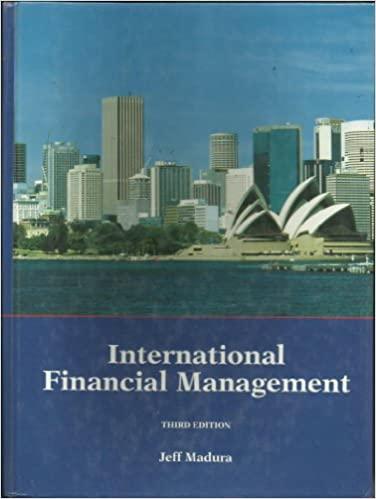Answered step by step
Verified Expert Solution
Question
1 Approved Answer
BANKING Luke Fraser 6 May 2 0 2 4 International bank calls it quits in South Africa BNP Paribas, the sixth - largest bank in
BANKING
Luke Fraser
May
International bank calls it quits in South Africa
BNP Paribas, the sixthlargest bank in the world, is no longer operating as a bank in South Africa.
The French company, which has billion R trillion in assets under management, was given permission to conduct business as a bank in South Africa by means of a branch in allowing it to offer corporate and investment banking services.
However, the group has since started scaling back from its noncore operations across Africa to focus on Europe and Asia instead.
In a government gazette signed by Prudential Authority and South African Reserve Bank Deputy Governor Nomfundo Tshazibana, BNP Paribass ability to conduct the business of a bank via a branch was withdrawn with effect from March
Despite technically no longer operating as a bank in South Africa, BNP Paribas is still the owner of credit provider RCS
In the group reportedly hired Barclays to sell RCS as part of its wider scaling back, but the RCS website still states that BNP Paribas owns it
Investor narrative
BNP Paribas is one of several international companies exiting South Africa, but the overall narrative that investors are turning sour on South Africa may be overblown.
According to reports, petrochemical giant Shell is looking to divest its stake in Shell Downstream South Africa.
Shell has over forecourts in South Africa and has been given exploring rights by the Department of Mineral Resources and Energy.
In addition, BHP recently put in a R billion bid for Anglo American, but the deal did not include South African assets in Anglo American Platinum and Kumba Iron Ore, which commentators linked to the poor governance in the country.
That said, BHP said that the offer was not an indictment of South Africa but was simply based on its portfolio and commodity considerations. It sent a senior team, including its CEO, to allay any fears among South African officials.
Moreover, data shows that South Africas struggles to attract foreign investment amid infrastructure challenges are overstated.
Data from PwC shows that South Africa has seen net foreign direct investment FDI inflows inflows minus outflows almost every year since the global financial crisis.
Moreover, the exit of BNP Paribas on the continent could be a positive for local players.
Several Frenchowned banks, including Societe Generale SG BPCE, and Credit Agricole, have cut back on their African banking operations in recent years, but S&P Global said that this could be a significant boost for African banks.
Increasing competition among panAfrican banking groups should boost credit growth, said S&P Global.
Frenchowned African subsidiaries are often unable to target certain segments of the economy due to their parent banks conservative risk appetite, and they follow more stringent loan classification and provisioning policies than locally owned banks.
This can act as a drag on growth and profitability. Stricter capital management, with higher buffers over local minimum regulatory requirements, has also constrained subsidiaries lending. We expect credit growth to accelerate with the exit of French banks, albeit mainly in lowerrisk segments, which will help preserve assetquality metrics.
B Based on the case study, explain in detail the purpose of Bank Capital and how it could have negatively impacted the profitability of BNP Parlbas.
Step by Step Solution
There are 3 Steps involved in it
Step: 1

Get Instant Access to Expert-Tailored Solutions
See step-by-step solutions with expert insights and AI powered tools for academic success
Step: 2

Step: 3

Ace Your Homework with AI
Get the answers you need in no time with our AI-driven, step-by-step assistance
Get Started


